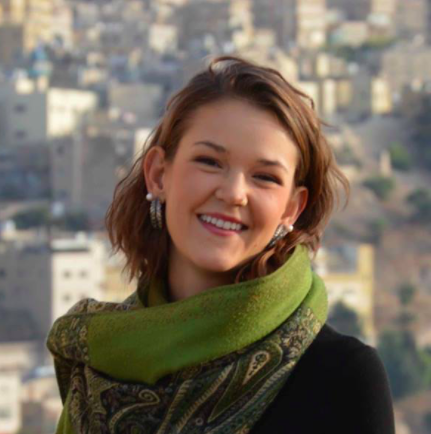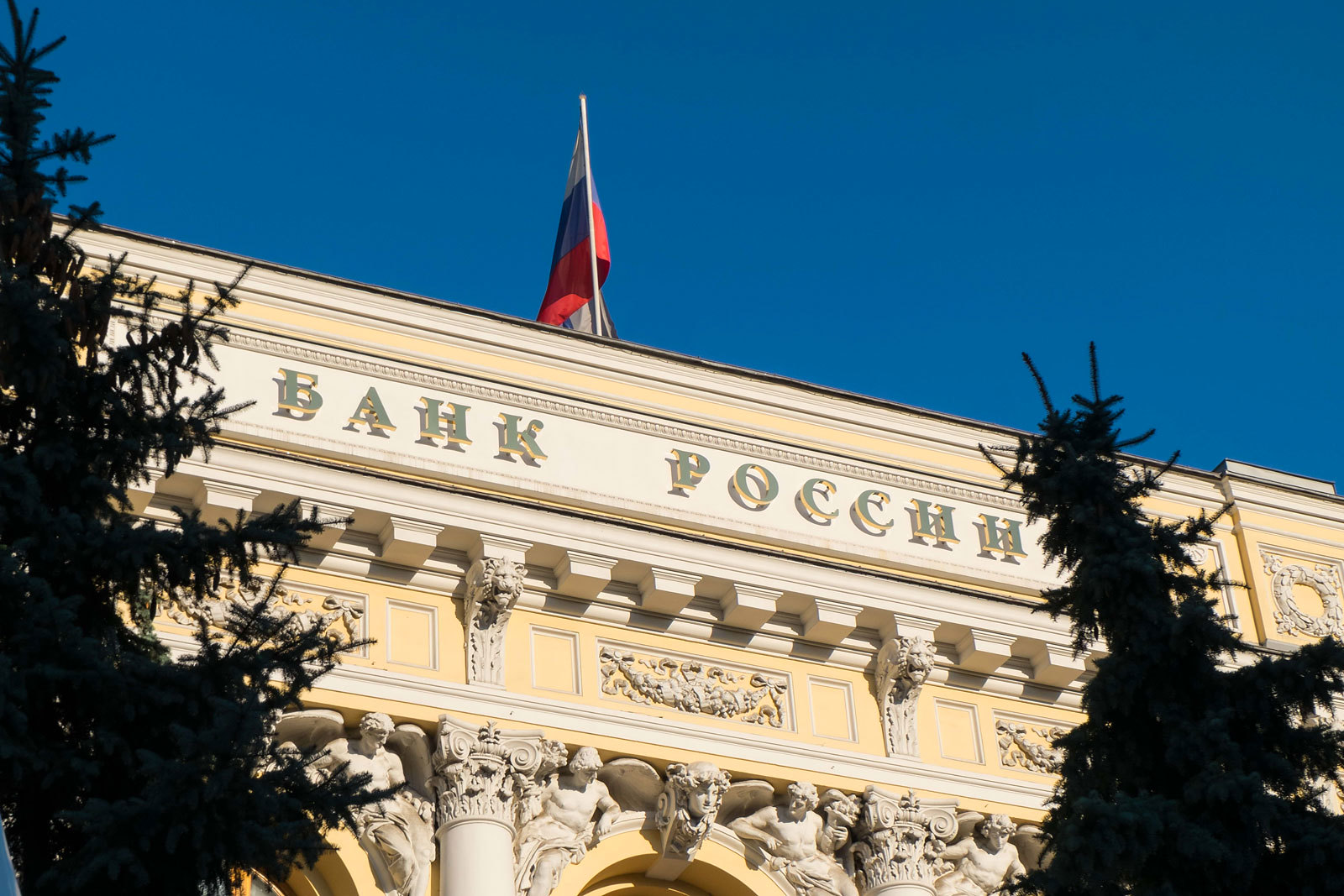Jordan’s Parliamentary Elections: Why They Do (and Don’t) Matter for the Kingdom’s Future
The assertion that Jordanian stability is of paramount importance to securing American interests is repeated to the point of banality. Yet, in spite of the clear prioritization of Jordanian security, little has been said about the parliamentary elections that took place in the Kingdom last week. There are several reasons for this. For one, the crumbling ceasefire in Syria is undoubtedly a distraction.
Published by The Lawfare Institute
in Cooperation With

The assertion that Jordanian stability is of paramount importance to securing American interests is repeated to the point of banality. Yet, in spite of the clear prioritization of Jordanian security, little has been said about the parliamentary elections that took place in the Kingdom last week. There are several reasons for this. For one, the crumbling ceasefire in Syria is undoubtedly a distraction. Additionally, in a system in which the King and his appointed Council of Ministers wield exclusive control over internal and external security, national parliamentary elections are deemed to have little import. Furthermore, Jordan’s “moderate, non-ideological, and revolution-adverse political culture” is often cited as a bulwark against instability. While none of these assumptions are wrong, the uncritical acceptance of prevailing analytical tropes risks obscuring deeper complexities of vital importance to the Kingdom’s future. Therefore, though Jordan’s elections may lack urgency when compared to regional turmoil and will not lead to immediate security repercussions, they are also not insignificant.
Last week’s elections took place under a new law heralded by former prime minister Abdullah Ensour as “historic.” This is a reference to two key changes that reportedly make elections more democratic and inclusive. First, the 2016 Electoral Law rescinded the arcane single non-transferable vote system (SNTV), or one-person-one-vote system, to allow voters to cast multiple ballots in a list-based system for the first time since 1993. Second, the law reforms Jordan’s famously gerrymandered electoral districts, which heavily overrepresented historically pro-regime rural areas while shorting the country’s more populous urban centers. These amendments addressed demands long held by democracy and opposition activists. The Islamic Action Front (IAF), the political arm of the Jordanian Muslim Brotherhood, has traditionally been the loudest of those calling for reform. The IAF’s strong grassroots support among urban Palestinian-Jordanians and insistent calls for reform – the group had previously boycotted every election since 2007 – has been a major thorn in the side of Jordan’s King Abdullah, who once referred to the Brotherhood as “wolves in sheep’s clothing.”
In a country where the legislature’s actual power is deliberately circumscribed, the IAF’s return to the political scene and the new, much lauded electoral law are not likely to drive political change in and of themselves. Rather, they are significant primarily because of how they have and will continue to interact with growing social and political disaffection and a worrying upswing in locally grown extremism.
In this context, two aspects of last week’s elections are noteworthy. First, the new electoral law failed to herald a transition to meaningful party-based politics. Instead, it arguably accentuated tribalism in areas outside of the capital while privileging the better-organized IAF in the country’s urban areas. While political maneuvering surrounding the new law undoubtedly augmented popular dissatisfaction, the conduct of electoral campaigns stood out as a stark indicator of the failure to transition to a party-based system. A qualitative study of political rallies conducted by the Identity Center found that most campaigns relied on “loose slogans” and avoided “specific or applicable messages.” Likewise, a study by the election monitoring organization RASED found that only 6.4 percent of those tickets running in parliamentary elections were “party-based,” while 43.5 percent relied on tribal coalitions, and another 11 percent blended tribal and partisan affiliations.
Secondly, the failure to transition to an equitable, party-based system was not lost on voters. Turnout was a record low of 37 percent and a significant number of people chose to boycott the polls. In the urban centers of Amman and Zarqa – which account for the bulk of the country’s population – turnout was as low as 23.5 percent and 26 percent, respectively; meanwhile, polling surpassed 70 percent in all of the country’s three Bedouin districts, traditionally a bedrock of monarchical support. This is indicative of deep political discontent not easily cured by limited political reforms. A new parliament that brings together the IAF and some of its most bitter rivals for the first time in nearly a decade could lead to political infighting and spectacle that will only deepen and expand disaffection among Jordanians or, in a worse case scenario, lead to an outbreak in violence. It is therefore critical to keep a close eye on domestic political landscape as events in Jordan unfold.
[T]he new electoral law failed to herald a transition to meaningful party-based politics.
In a speech at the UN last week, King Abdullah heralded the elections as a sign of Jordan’s positive march towards democracy in spite of the regional maelstrom and burgeoning refugee flows. In reality, however, the elections, even under the new electoral law, preserved the status quo by maintaining the overrepresentation of rural tribal areas, the monarchy’s traditional base. The resulting underrepresentation of urban populations in Amman, Irbid, and Zarqa, in combination with monarchical support for Islamist splinter groups, also ensured that the Muslim Brotherhood, historically an opponent of the monarchy, did not win a sufficient number of seats to challenge established lawmakers.
Disappointingly low poll numbers are not a surprise. According to a July poll conducted by the Civil Coalition for Monitoring Elections, more Jordanians (39.5 percent) planned to boycott the elections than planned to vote (31.5 percent). This reflects widespread pessimism regarding the country’s legislative branch, which only 27 percent of Jordanians feel is effective. According to the same poll, 87 percent of Jordanians also feel that the previous parliament “did not accomplish anything worthy of commendation.” A number of those who boycotted were activists behind the 2011 Hirak protests, a national popular movement formed to lobby for a political system based on just and fair representation. For those that boycotted, the election results affirmed their choice. As one youth activist told me, “The new parliament will be even weaker than the last. There is no justice.”
This week’s elections should, therefore, not be seen as a yardstick of popular opinion in Jordan. While the Muslim Brotherhood trounced its regime-backed Islamist rivals and won more seats – coming in at 15 – than any other list, it did so largely in districts where turnout barely topped 25 percent. Brotherhood candidates were also substantially outpolled by non-political tribal candidates.
The most important question then is: what will happen going forward? While a fragmented parliament with the Muslim Brotherhood as a minority opposition can be expected, what matters most is how the Brotherhood and its rivals negotiate their newly shared political space. Regardless of Parliament’s relative lack of meaningful power, it is par for the course in Jordan to blame political and economic failings on a legislature hamstrung by political infighting and spectacle. Although this provides convenient cover for the monarchy, it is also arguably the chief factor driving popular dissatisfaction with the legislative branch and related economic and political disillusionment. Should other blocs reject cooperation with the Brotherhood or if the Brotherhood is reluctant to adopt a strategy of accommodation and moderation similar to that of Tunisia’s Ennahda party, a strategy believed to command support only among the movement's upper echelons, then there is a high chance this legislative session will again be marred by even worse profligacy than the ones that came before it.
[W]hat matters most is how the Brotherhood and its rivals negotiate their newly shared political space.
As long as the monarchy remains able to stay above the fray, widespread dissatisfaction with yet another inept legislature is unlikely to cause immediate political repercussions. Yet confronting a society marked by widespread political and economic pessimism – only 29 percent of Jordanians describe the economy as “good” – is a delicate task. As evidenced by riots that took place throughout the Kingdom after polls closed, the boundaries for protest have been dramatically eroded over the past ten years while the threshold for public resistance has soared. Likewise, over the past year, there has been an increase in the tempo and frequency of isolated security incidents, including a June attack by a Jordanian national on a local General Intelligence Directorate office that killed five personnel, a raid by Jordanian special forces on a domestic terror cell in Irbid in March, and the September 25 murder of journalist Nahed Hattar by a former imam from an area of Amman known for religious conservatism. Following each of these incidents the government put in place a media blackout on any information related to the investigations.
For some, societal polarization and more frequent acts of violence are evidence of a growing extremism that is allowed to fester under the cover of media blackouts, security crackdowns and appeals to national unity. As demonstrated by the prevailing pessimism surrounding last week’s elections, the state has been undeniably slow to address those issue that polarize society and fuel extremism, be it unemployment, economic and political marginalization, or free speech.
In this context, policy that focuses on the competence of Jordanian security forces while assuming Jordanian moderation and risk-aversion could be a perilous approach. Last week’s elections were a clear indicator that we lack an accurate reading of popular sentiment in Jordan. The failure to transition to a more equitable political system and the return of Islamists to Jordan’s parliament could further exacerbate those factors disaffecting Jordanians. There is no knowing for sure how this dynamic will play out, but it is worth heeding Jordanian blogger Naseem Tarawneh’s recent warning: “The more we build up this bubble of denial, the bigger the burst.” In short, by ignoring changing circumstances in the Kingdom, we are assuming a heavy risk of being blindsided by events to which we are ill-prepared to respond.





